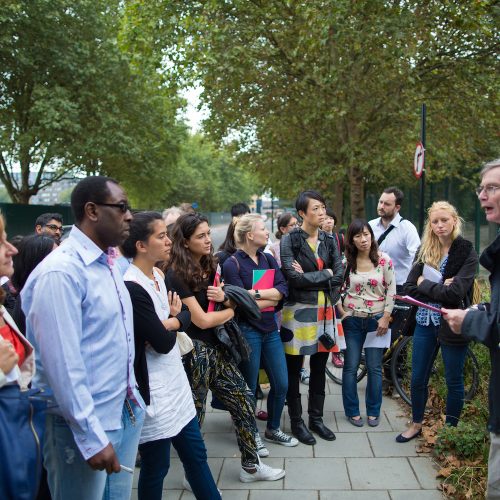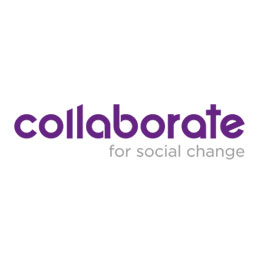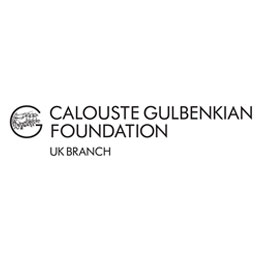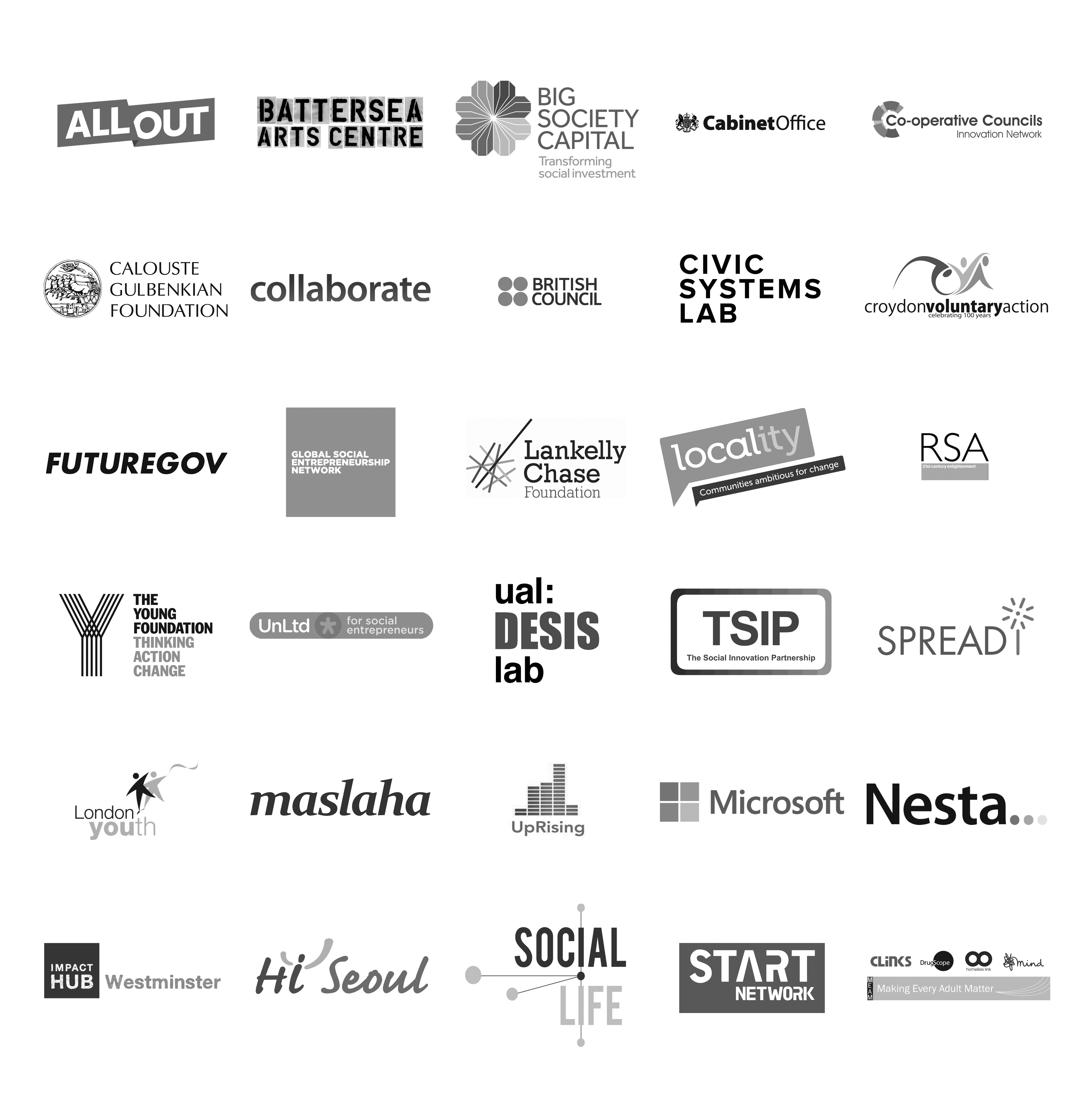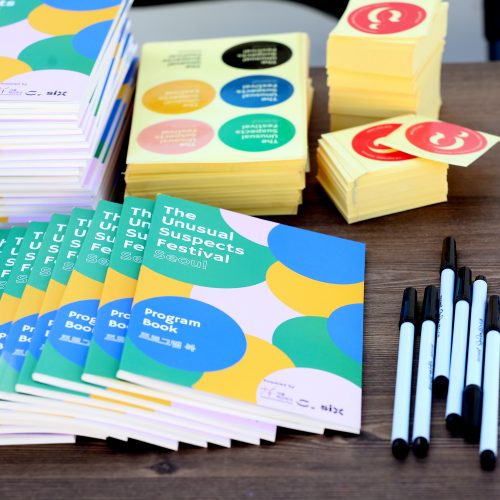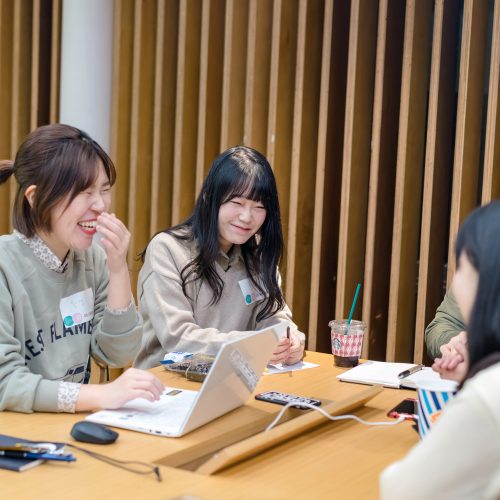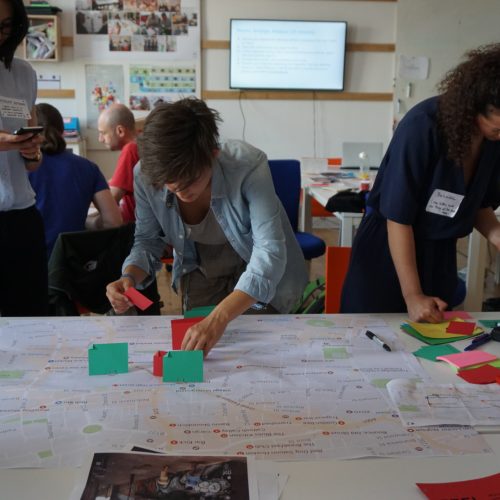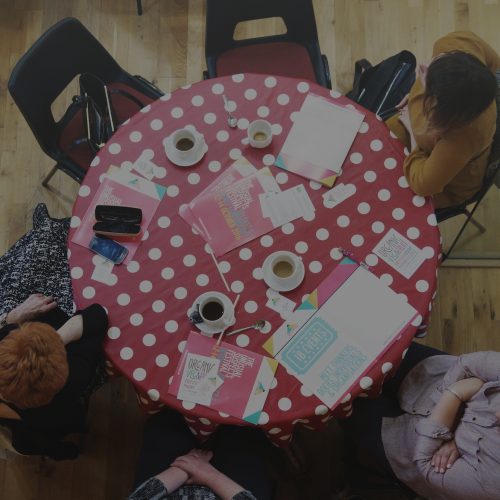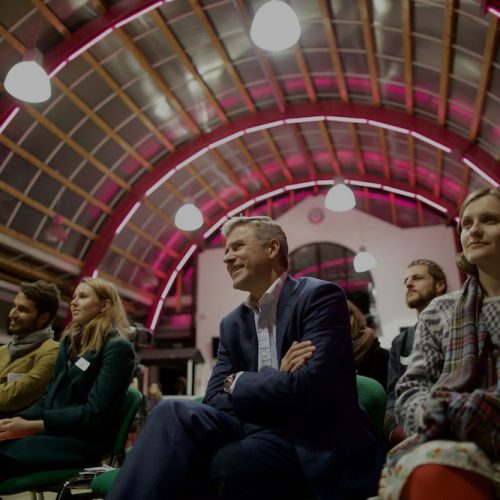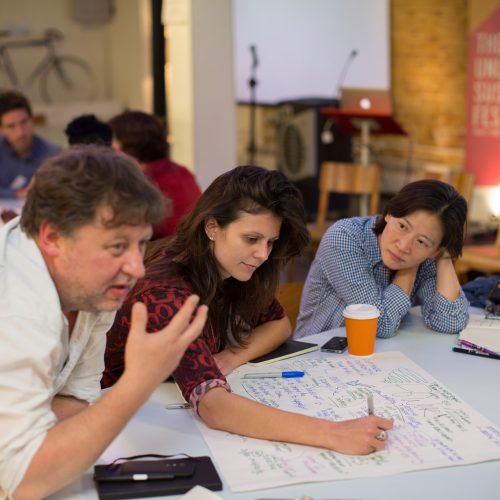The beginning
How do we start working outside of bubbles?
The idea of The Unusual Suspects Festival came to life when the Calouste Gulbenkian Foundation brought together SIX and Collaborate. The two organisations were both exploring collaborative approaches to tackling complex social challenges, but weren’t really talking to each other and seemed to work in two different worlds.
SIX and Collaborate talked about what they can do together to support people and organisations to have purposeful conversation to start working outside of their bubbles and in a more collaborative way. How could we bring closer the people who are working in social innovation on the front line with people who are working to innovate public services? How do we enable dialogue and collaboration for social change? How do we open up spaces for new conversations and actors to emerge?

